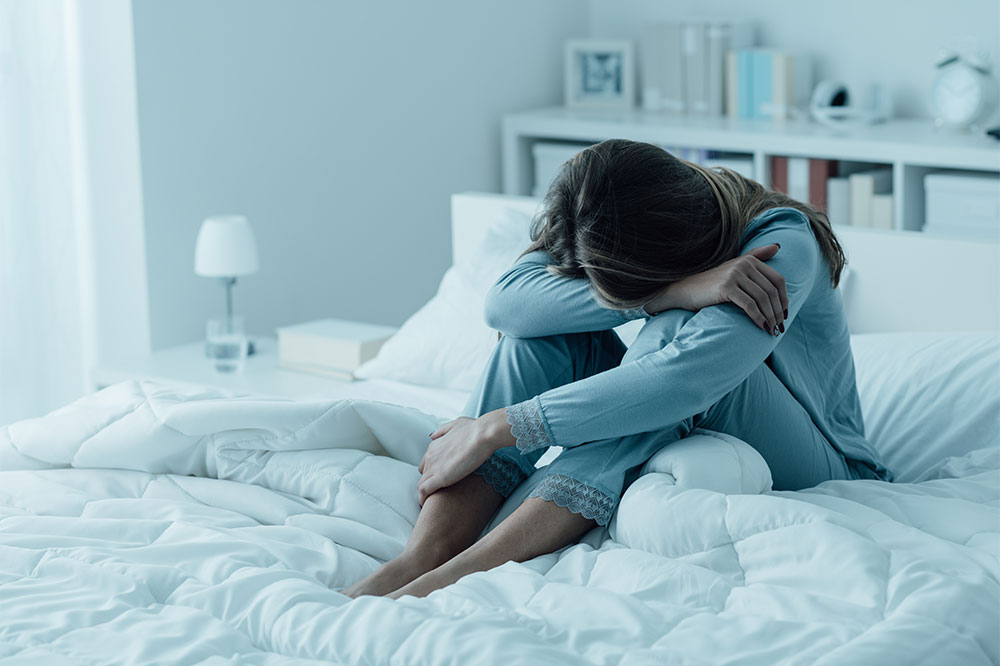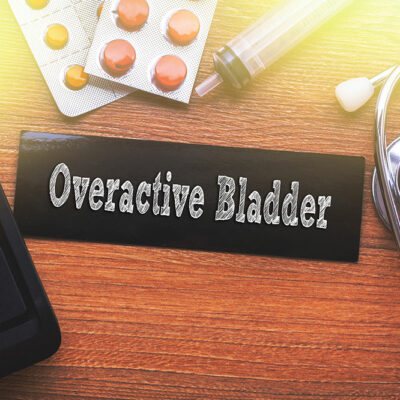
6 Physical Symptoms of Depression
Depression is a complex mental disorder. Most people are familiar with the apparent symptoms like sadness, loss of interest, and hopelessness. However, recent studies show that depression can also affect the human body physically. In fact, many people with the disorder have experienced its physical effects at some point without fully understanding what’s happening to them. Here, let’s take a closer look at the six most popular physical signs of depression.
1. Aches and pains
Depression and physical pain are deeply related. People with the condition often complain of unexplained aches or pain in their joints, back, or limbs. Some even experience pain and aching muscles all over the body. These symptoms occur because poor mental health causes the brain to generate abnormal responses to varying degrees of pain. Studies have also concluded that depression lowers the body’s pain tolerance, intensifying even minor injuries.
2. Chest pain
This may sound surprising, but chest pain can be linked to depression. Depression often goes hand-in-hand with panic attacks and random bouts of anxiety, both of which are usually felt in the chest. Heart palpitations, breathing difficulty, and chest pain are signs of a panic attack. If people without any underlying heart condition feel pain in their chest, it could be due to poor mental health.
3. Fatigue
Chronic fatigue or feeling tired all day is a common physical symptom of depression. No matter how much they sleep, many depressed people always feel exhausted. Others feel tired because of insomnia or lack of sleep, the potential signs of depression. Some signs of depression-induced fatigue include struggling to get out of bed in the morning and performing daily activities like bathing and doing household chores.
4. Digestive problems
Our digestive system is sensitive to emotions. In recent years, many studies have confirmed that gut health and mental well-being are closely related. Some show that depression may cause inflammation in the digestive system, triggering various symptoms. Stomach pain, uneasiness in the belly, diarrhea, and nausea are potential signs of poor mental health. So, instead of always writing these off as stomach-related issues, one should consider a mental health screening.
5. Weak immune system
Here’s another surprising way in which depression takes its toll on an individual’s body. Stress can harm the immune system, making it function less optimally. As a result, one may take more time to recover from an illness. Plus, they’re more likely to develop a complication from an infection.
6. Appetite and weight changes
It’s no secret that depression leads to changes in appetite. Patients often feel like eating more or less than usual. In fact, many use food to self-medicate their feelings of depression, also called emotional eating. This may trigger a rapid increase in weight. On the other hand, some lose weight without trying. Depression-induced weight reduction can result from loss of appetite, low energy levels, lack of motivation to prepare meals, and digestive problems.


